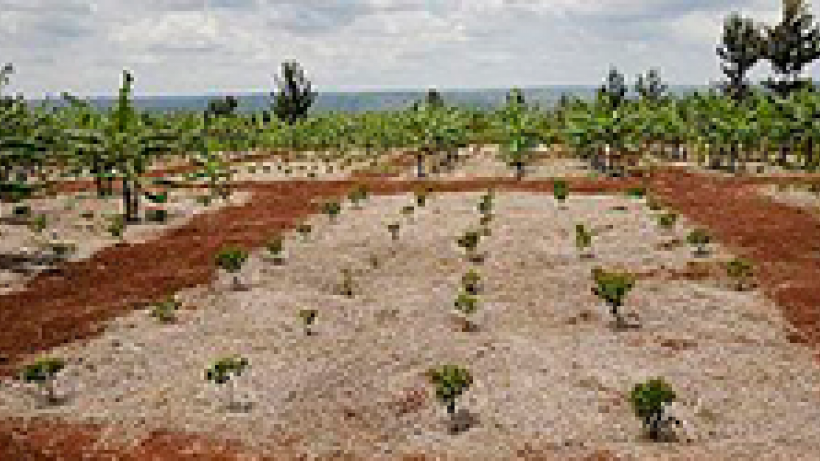COVID-19 impact on Rwanda's coffee sector
The COVID-19 pandemic has precipitated a global economic downturn, disrupting most dimensions of human life. This is seen particularly in international trade.
Control measures, implemented to stem the spread of infection, have come at a sharp economic cost across the world. The firms most affected are those that rely on human contact. This includes the hospitality industry; by consequence, purchased goods have contracted.
Coffee is one such commodity. Consumption reduced in the first half of 2020 out of home, with an increase brewed at home. These shifts are being watched with keen interest by coffee exporting countries, like Rwanda. Against this backdrop, Rwanda's National Agriculture Exports Promotion Board (NAEB), under the Ministry of Agriculture, requested IGC to conduct this study.
Since its first COVID-19 cases in March 2020, the Rwandan Government has rolled out a set of monetary and fiscal measures in support of businesses and firms. NAEB leadership must understand how the domestic coffee sector is being affected. This is particularly the case with major importers, like the United States and European Union.
Our study analyses how COVID-19 has affected revenues and costs of production for firms exporting Rwandan coffee. We collected primary quantitative data through structured phone interviews (August - December 2020); we followed up with interviews in September 2021. Respondents consist of representatives from 52 exporting companies recognised by NAEB. The survey questionnaire comprises of identification questions, including:
- firm ownership;
- the size and scale of coffee production;
- firms' relationships with upstream coffee cherry suppliers;
- assessments of current and expected effects of the pandemic on business revenues and costs.




